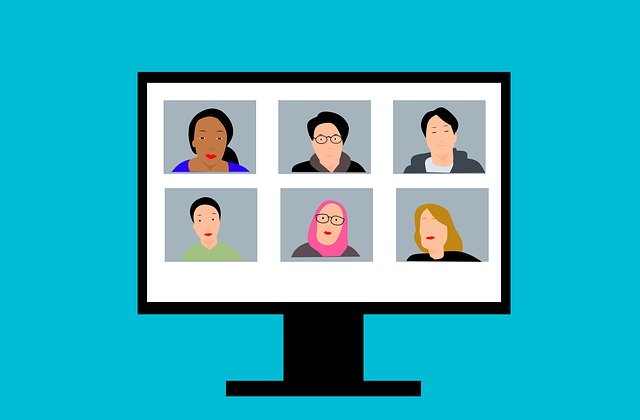Virtual Focus Groups
We have entered a world where virtual focus groups are becoming the norm. Over the past few months many of us will have ventured into the digital world of Zoom, Skype and Teams calls. For some of us, it’s been a new experience, with a steep learning curve. We don’t have the usual non-verbal cues to rely on to help us navigate a group discussion, and it’s easier to stay hidden and not have our say. Broadcasting information by conference call is something many organisations have been doing for years – this works well with everyone on mute except the speaker. When there’s an agenda, or decisions to be made, those who are used to working virtually have found ways to make team calls work really well.
As the COVID-19 lockdown approached back in March we as a business started talking about how it was going to impact the way we supported our clients. Conference and video calls to present survey results were something we’d been increasingly doing over the past few years and project kick-off and progress meetings were also frequently happening virtually. Virtual focus groups and workshops posed a different challenge.
Virtual focus groups…really?
Focus groups have long been a powerful tool in the survey industry. In employee surveys, we use them to help us find out about the culture and key issues within an organisation before designing a survey, as well as using them in post-survey workshops to discuss the results and begin the action planning process. They typically have a loose agenda, with discussion wandering where the comments, opinions and ideas of the participants go. This guides the facilitator, who always has one eye on the goal of the session, to ask the next question to dig a bit deeper.

We weren’t sure how they would adapt to a virtual setting – surely, they wouldn’t work as well as our traditional face-to-face ones, as people wouldn’t be comfortable sharing their opinions to a screen of faces or blank screens? But we’ve found the opposite to be true. They can and do work really well, allowing employees to have their say and organisations to understand in more detail what they should be surveying or what’s behind their results, as well as gathering ideas for action and improvement.
The effect of organisational culture
We’ve found that the culture of the organisation is an important factor in the success of the focus groups we’ve run so far. Those that have fairly high levels of collaboration, and whose organisational integrity and employee voice scores are relatively high, appear to be the ones where the participants are the most comfortable with the virtual focus group or workshop setup. These organisations already have reasonably open and honest cultures where employees are probably used to being asked what they think. What fascinates me is that even in organisations where there are high levels of engagement there is always more that can be done – employees always have ideas for how things could be even better and it is a wise and proactive organisation that listens to those ideas, for in them are usually little gems that help the organisation to innovate and meet the challenges they face.
In organisations where there’s not such a culture of openness and listening, focus groups are a great place to start, and the virtual space can actually feel incredibly safe. There’s always some warming up to be done at the beginning of the focus group – general chat about current experiences and how they are finding this new world of work – but we find that quite quickly participants start to talk about what they love, or don’t, about where they work. In these instances, the facilitator uses more precise questioning, having set the scene around confidentiality and anonymity. For these organisations in particular we recommend keeping management levels separate, as this creates a more comfortable environment for both non-managers and managers – this is something we also recommend to all organisations in general.
Managing logistics
Focus groups yield lots of really useful information and capturing it is an important part of the process. Getting one of the team members to keep notes that can be shared with the team works well with teams that have good camaraderie and where there’s a history of working proactively to manage engagement. Alternatively, and perhaps where anonymity is more important, our facilitators take notes and produce a follow-up report that summarises the organisational context that’s been shared, as well as the ideas for action that have been suggested and our own recommendations based on what we’ve learnt from research and the organisations we’ve worked with previously.
Workshops are typically more action-focused, for example, with the goal of taking managers through their workbooks and providing guidance and advice on how to run their own focus or listening groups and action planning processes; or allowing a team to discuss results and identify and evaluate their options. These can make use of the virtual break-out rooms offered in most online video-conferencing platforms.
We’d love to talk with you about how focus groups and workshops can fit into your employee engagement or survey strategy. The message they send to your employees, that you value what they think and feel and want to hear their ideas, is a powerful one! Or if you prefer, we are always available to discuss our bespoke employee survey services that offer powerful employee insights, including our 360 feedback surveys, pulse surveys and general staff surveys.